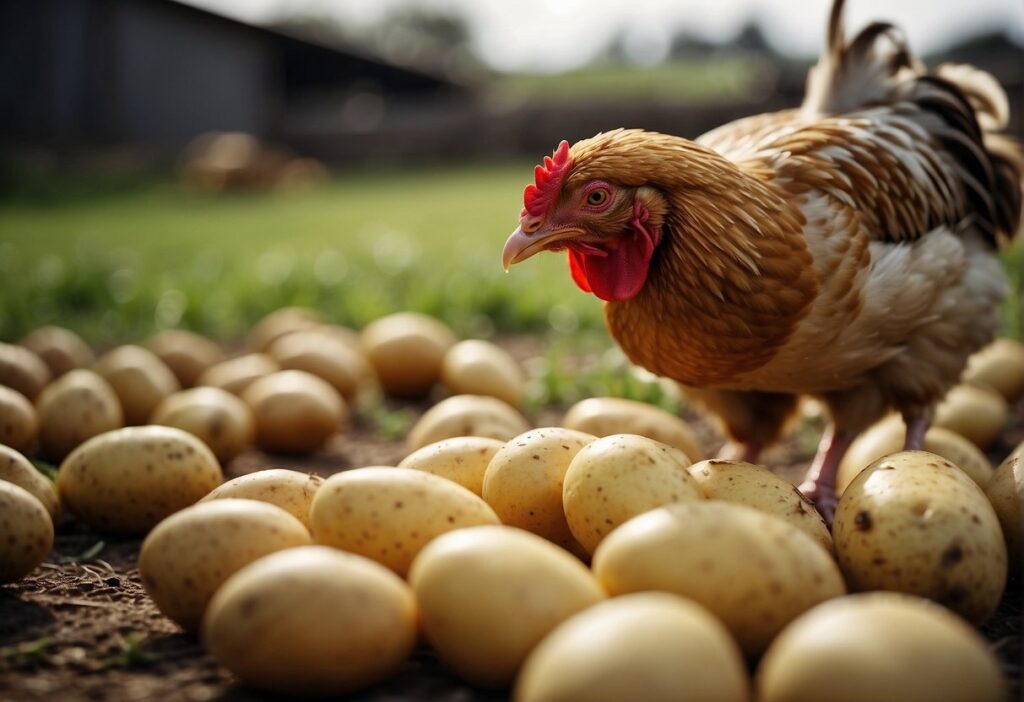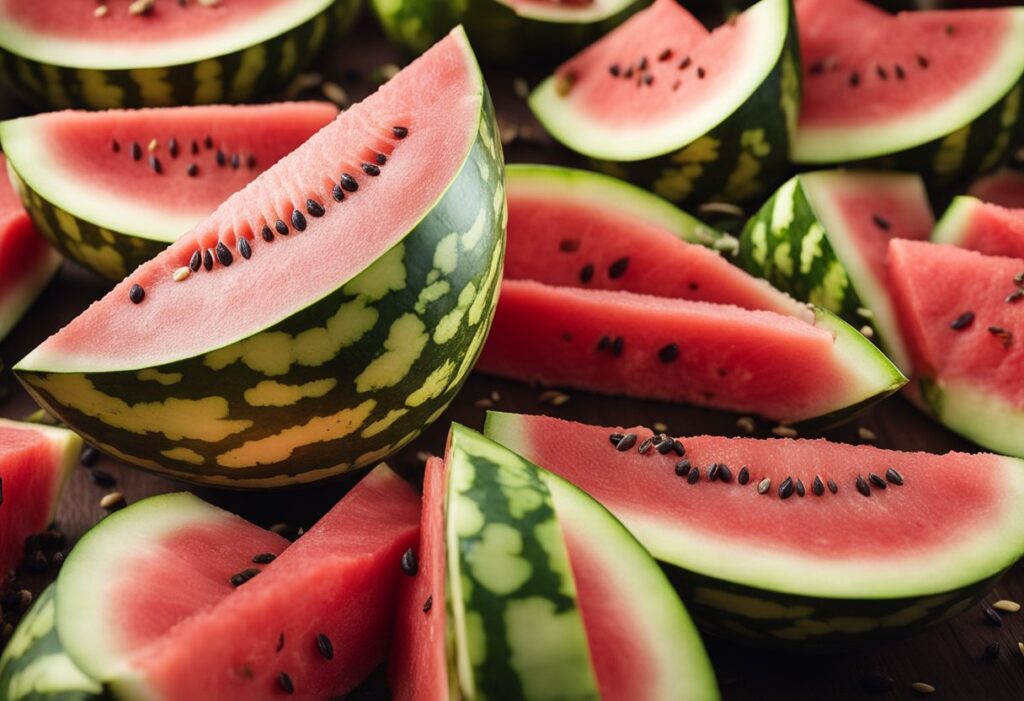
Summary: Embark on a journey through the innovative world of electroculture gardening. This article explores the potential of copper wire to revolutionize plant growth and yield. Uncover the science behind this eco-friendly technique and learn how to implement it in your own garden. Discover why embracing electroculture could lead to healthier plants and a more sustainable future.
What is Electroculture?
Electroculture is an experimental gardening technique that involves using electrical currents to stimulate plant growth. The concept is not new, but recent interest has surged due to the eco-friendly nature of the practice. By harnessing the earth’s natural magnetic fields and atmospheric electricity, electroculture aims to boost plant health and productivity without the need for chemical fertilizers or pesticides.
The Role of Copper Wire in Plant Growth
Copper wire plays a crucial role in electroculture by acting as a conductor for electrical currents. When strategically placed near plants, it is believed that the wire can enhance the uptake of nutrients from the soil, leading to stronger and more vigorous growth.
Can Copper Wire Really Boost Crop Yield?
Many gardeners and farmers are turning to copper wire as a means to increase their crop yield. Anecdotal evidence suggests that plants surrounded by copper wire thrive better than those without. However, scientific research is needed to fully understand the impact of copper wire on crop production.
The Science Behind Electroculture Gardening
Electroculture gardening is grounded in the idea that plants respond positively to electric and magnetic fields. These fields are thought to affect everything from germination rates to nutrient absorption. The use of copper wire in the garden is a practical application of this theory, with the goal of creating a more fertile and productive ecosystem.
How to Set Up Your Own Electroculture Garden Bed
Setting up an electroculture garden bed involves burying copper wire around your plants and connecting it to a source of electricity. This setup is designed to create a low-voltage current that stimulates the plants’ roots and enhances growth.
The Benefits of Using Copper Wire in Your Garden
The benefits of using copper wire in your garden are numerous. It is said to lead to increased yields, healthier plants, and a reduced need for fertilizers and pesticides. Additionally, it is an eco-friendly approach that aligns with sustainable gardening practices.
Addressing Common Concerns and Myths
There are concerns and myths surrounding electroculture, such as the fear of attracting lightning strikes or the belief that it is pseudoscience. It is important to address these concerns with factual information and clarify the scientific basis of electroculture.
Real-Life Experiments and Results
Real-life experiments with electroculture have shown promising results. Gardeners who have implemented copper wire in their garden beds report noticeable differences in plant health and yield. These experiments provide valuable insights into the effectiveness of electroculture.
Electroculture: The Future of Eco-Friendly Gardening?
Electroculture has the potential to become a cornerstone of eco-friendly gardening. As more scientific studies are conducted, the practice could gain widespread acceptance and transform the way we cultivate our gardens.
Getting Started with Electroculture: Tips and Tricks
For those interested in trying electroculture, there are several tips and tricks to get started. From choosing the right type of copper wire to understanding the best placement for it, these practical suggestions can help you embark on your electroculture journey.
Key Takeaways:
- Electroculture could significantly increase plant growth and yield.
- Copper wire acts as a conductor, potentially enhancing nutrient uptake.
- Scientific research is needed to validate anecdotal claims.
- Setting up an electroculture garden is a simple, eco-friendly process.
- Real-life experiments suggest positive outcomes for plant health.




